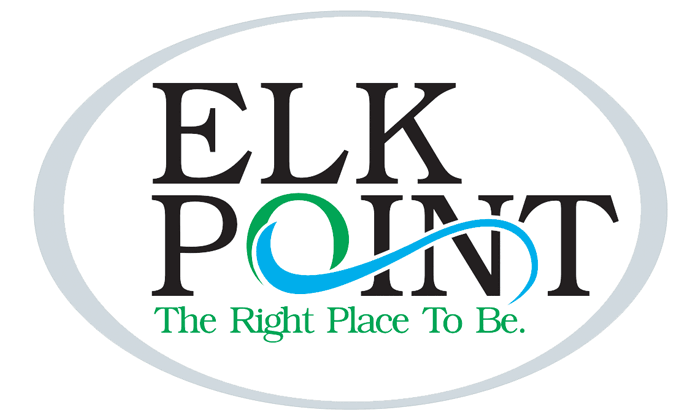ELK POINT - A four-hour marathon meeting saw the Town of Elk Point’s audited 2019 financial statement approved and the 2020 capital budget, five-year capital plan and 20-year equipment replacement plans approved, but council stopped short of setting this year’s mill rate.
This gives CAO Ken Gwozdz and Manager of Finance Mir Ali an extra two weeks to determine what it will take to cover costs, while keeping property tax in line with 2019 levels, despite a further drop in assessment.
This was also the first-ever electronic meeting for council, with auditor Jeff Alliston of Metrix Group LLP also joining the meeting online to lead council through a review of the audit process and to report that while the town’s 2019 surplus of $124,647 was less than the $168,501 reported at the end of 2018, the town’s 2019 net financial assets totalled $195,570 rather than the $320,451 debt the previous year, which Alliston termed “a good change.”
Expenses for the year were down by $258,839, with drops in the cost of water and wastewater services, planning and development and general government, while operating revenue increased by just under $50,000, coming from a better interest rate on investments, government transfers, franchise contracts and rental income.
“And you definitely do have additional funds to be collected,” Alliston said, referring to a sizeable increase in unpaid taxes and tax arrears.
“You’re within your debt limits, on the good side,” he noted.
“You gave us tons of information and even some good news,” Mayor Lorne Young said at the end of Allitson’s presentation.
Council gave its approval to the audited financial statements later in the meeting, after wading through the 2020 capital budget and its accompanying capital and equipment replacement plans.
Council learned the 2020 school requisition is for $525,813 and includes $4,452 that was unpaid last year, when the requisition did not come in before the mill rate was set. The designated industrial property requisition is $239 and the MD of St. Paul Foundation requisition is $37,815.
Council passed a motion to allocate $50,000 of the 2020 Municipal Sustainability Initiative (MSI) funding for electronic water meter head replacement, using the capital funding to balance the budget, prior to approving the budget as a whole.
Gwozdz said he and Ali “worked really hard to balance the budget with no tax increase,” as he led council through two potential mill rate scenarios, neither of which was approved as council took time to discuss the possibility of waiving penalties on unpaid utility bills and extending the date that property tax could be paid without the addition of penalties.
After determining the cost of both, Council passed a motion to not charge penalties on unpaid utility bills for 90 days, starting April 1, and to defer the property tax deadline for residential and non-residential to Sept. 30, from Aug. 31.
The mayor noted that these moves “will be of benefit to every person in town. Thank you, council, for giving them this help.”
Council also discussed an email from a resident asking for an increase in base amount of water usage for the coming months, as families who are in isolation use more water.
With these new developments to consider, council voted to defer setting the mill rate until the April 27 meeting.



